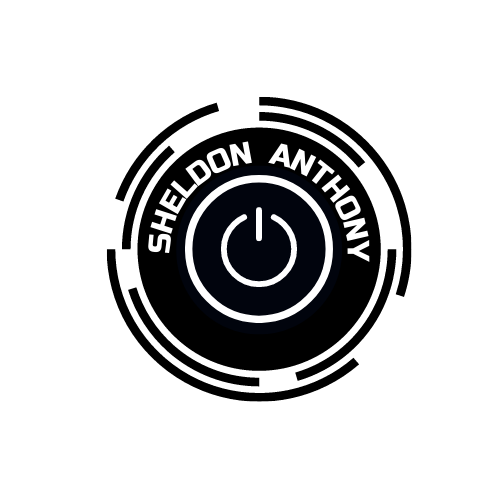
If you are a blockchain enthusiast, you might have heard of Polygon (Matic), one of the most promising layer2 scaling solutions for Ethereum. Polygon (Matic) is not just a simple sidechain, but a full-fledged platform that enables developers to create fast, secure, and scalable decentralized applications. With Polygon (Matic), you can enjoy the benefits of Ethereum’s network effect and security, without compromising on speed and cost. Polygon’s mainnet allows you to seamlessly transfer assets between Ethereum and Polygon, as well as other compatible blockchains. Polygon’s flexible and modular architecture also gives you the freedom to choose the best scaling solution for your needs, whether it is Plasma, zkRollups, Optimistic Rollups, or others. Polygon (Matic) is the ultimate solution for overcoming the limitations of blockchain scalability and interoperability.
Ethereum 2.0 will introduce a sharding mechanism, which will divide the Ethereum network into multiple parallel chains, each with its own data and transactions. This means that decentralized applications will have to deal with cross-shard communication and coordination, which could affect their performance and user experience. Polygon (Matic) relies on a network of validators to secure and validate transactions on its platform. These validators need to be compatible with the latest changes in the Ethereum network, otherwise, they risk losing synchronization and consensus. However, updating the validators can be a complex and time-consuming process, which could expose the Polygon network to potential security risks or malicious attacks. Polygon (Matic) needs to find a way to balance scalability and interoperability while maintaining its security and reliability.
Covo Finance, a newly launched decentralized sport and perpetual exchange on the Polygon network has been one of the best due to its revolutionary protocol. It enables users to trade ETH, BTC, MATIC, and other cryptocurrencies from their crypto wallets. Users are also allowed to do spot swaps and trade perpetual futures up to 50x the leverage while keeping their assets by utilizing a crypto wallet. This only shows that Covo Finance has a better trading experience with low swap fees and free impact trades, and minimizes the risk of being hacked or other security breaches. Moreover, Covo Finance has a user-friendly platform for users on all experience levels. The platform is also accessible from any device with an internet connection. Lastly, it also uses Chainlink Oracles for dynamic pricing, aggregating prices from other high-volume exchanges, and providing users an accurate data in real time.[1]
Scalability is becoming more critical as the adoption of DeFi, NFTs, and blockchain technology increases. These applications require fast and cheap transactions to provide a seamless user experience and attract more users. Ethereum, the leading platform for these applications, is facing challenges in meeting the growing demand for its network. By Ethereum increasing its throughput, the better it will be for layer2 scaling solutions like Polygon (Matic) that rely on Ethereum’s security and interoperability. However, increasing throughput alone is not enough. Layer 2 scaling solutions also need to innovate and adapt to the changing landscape of the Ethereum ecosystem. As Ethereum introduces new features and upgrades, such as sharding and proof-of-stake, Polygon (Matic) will need to continue to innovate and refine its services to remain relevant and competitive. Polygon (Matic) must constantly innovate and refine its services to stay ahead of the curve and meet the evolving needs of the Ethereum ecosystem.
Despite the massive impact Ethereum 2.0 will have on Polygon, the project will still have a place in the new era. You have to think of it as a highway (Ethereum) and (Polygon) being the side road, no matter how broad you make the highway the value of the side road sometimes won’t be valuable to you unless the highway, for example, is congested by things like an accident. It also permits the Ethereum network to drastically reduce its carbon footprint, a major concern that blockchain opponents have. The Polygon project will, in the end, enable Ethereum to become a more viable blockchain. The internet of blockchains could further be realized once major blockchain projects fully interoperate.





No comments:
Post a Comment